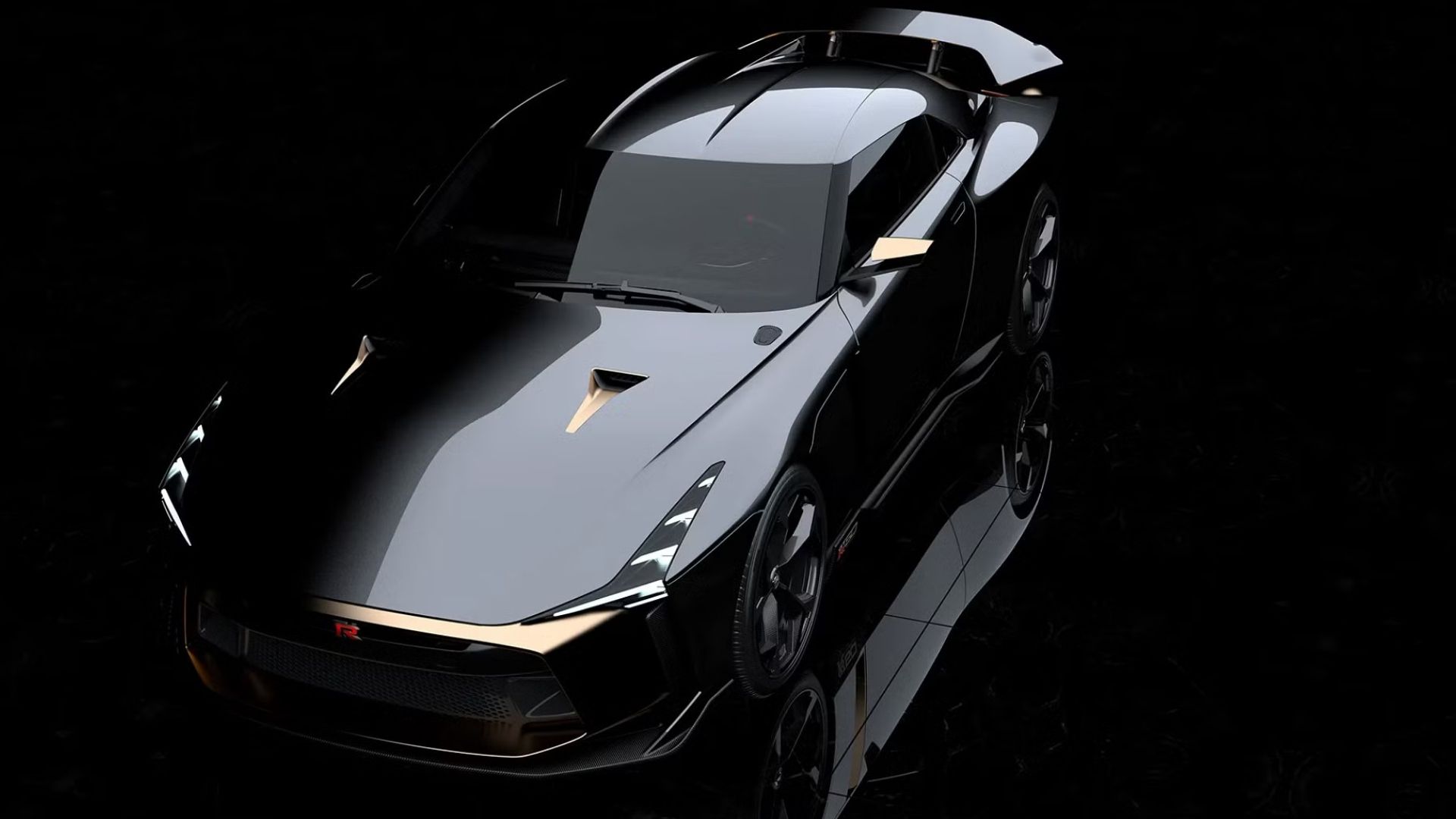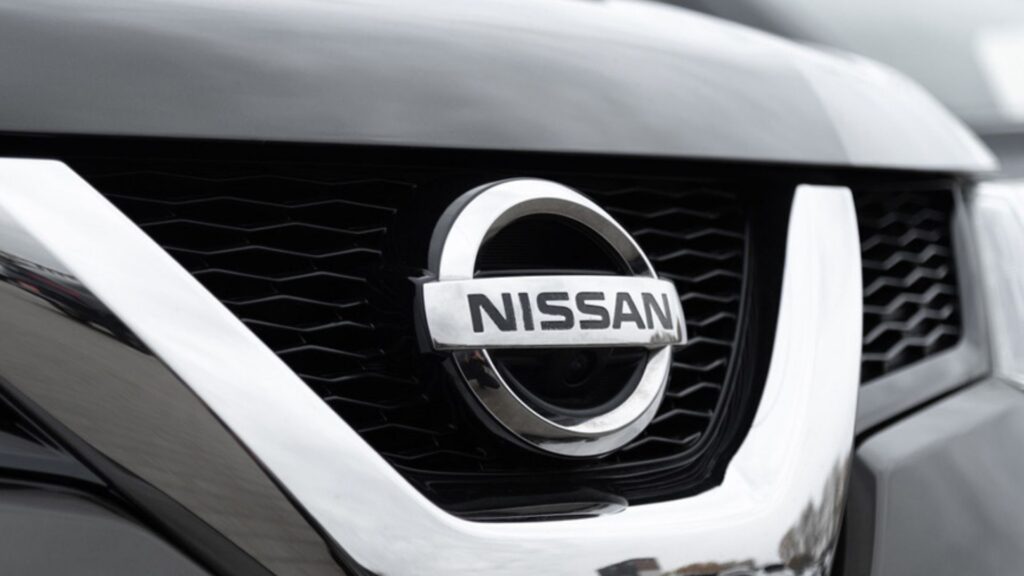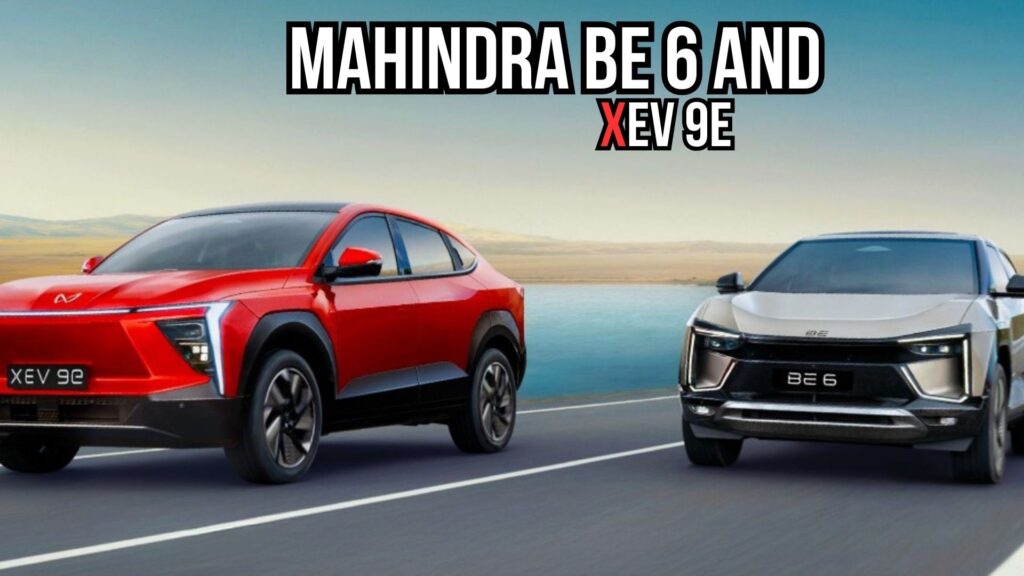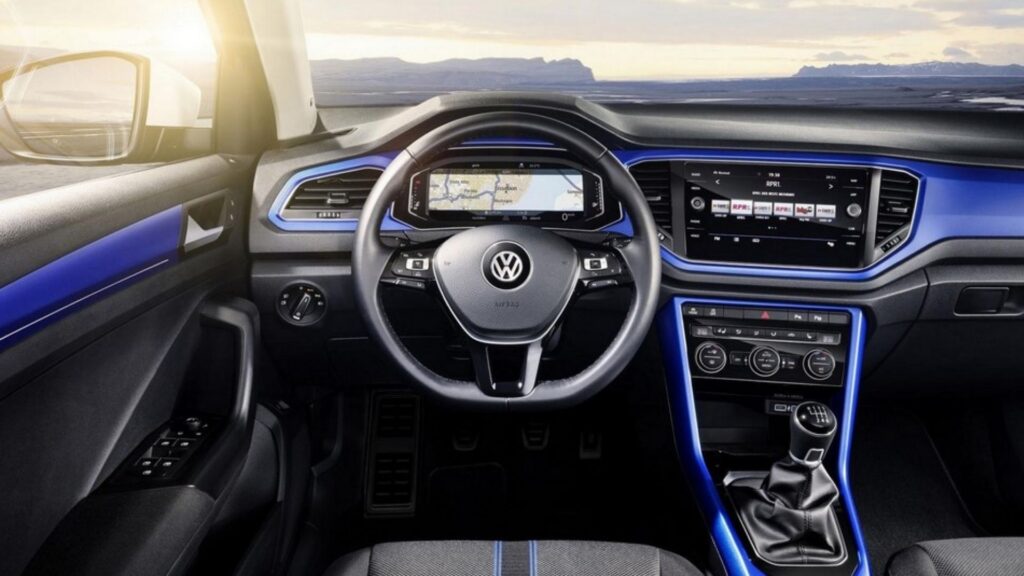The Nissan GT-R is one of the most iconic sports cars in automotive history. With a legacy spanning decades, the GT-R has always been a symbol of Japanese engineering excellence, combining raw performance with technological innovation. On August 26, 2025, Nissan marked the end of an era when the final R35 GT-R rolled off the production line in Japan. After nearly two decades of production, the R35 bid farewell, leaving fans around the world reflecting on its legacy while speculating about what the future holds for the R36.

One of the most influential figures behind the GT-R’s success, Hiroshi Tamura, widely known as the “Godfather of the GT-R,” has shared his thoughts on the R35’s retirement and his hopes for the R36. His insights shed light on what the next-generation GT-R might look like and why he hopes combustion engines remain part of its DNA.
The Final R35: A Historic Moment

The last R35 GT-R was produced on August 26, 2025, marking the conclusion of an 18-year production run. Roughly 48,000 units were built during this time, cementing the R35’s place in sports car history.
The final model was a Premium Edition T-Spec finished in the legendary Midnight Purple paint, destined for a customer in Japan. To celebrate this milestone, Nissan held a commemorative ceremony at the production facility, attended by executives, engineers, and enthusiasts who played a role in shaping the GT-R’s remarkable journey.
Summary Table
Key Detail |
Information |
|---|---|
Final Production Date |
August 26, 2025 |
Total Units Produced |
Around 48,000 R35 GT-Rs |
Last Model |
Premium Edition T-Spec in Midnight Purple |
Key Figure |
Hiroshi Tamura (“Godfather of the GT-R”) |
Future Vision |
Tamura hopes for combustion elements in R36 |
Possible R36 Setup |
Hybrid or fully electric (speculative) |
Nissan’s Statement |
GT-R will return in the future |
Official Site |
Hiroshi Tamura: The Godfather of the GT-R
Hiroshi Tamura has been synonymous with Nissan’s performance cars for decades. His involvement with the R35 began as early as 2001, when the project was still at the concept stage. Through his leadership and vision, the R35 became a global benchmark for supercar performance at a fraction of the cost of European rivals.
Tamura earned the nickname “Mr. GT-R” for his relentless pursuit of innovation. He was instrumental in key decisions, such as replacing the GT-R’s traditional inline-six engine with a shorter V6, allowing engineers to optimize weight distribution by placing the engine behind the front axle. Another groundbreaking choice was the adoption of a dual-clutch six-speed automatic transmission, at a time when most supercars were still using traditional manuals.
“I read a technical paper in the early 2000s that introduced the possibilities of dual-clutch transmissions,” Tamura recalled. “Around 2003, Italian supercar makers began embracing automatic gearboxes, and their customers were satisfied. That gave me confidence in pushing for the two-pedal design in the GT-R.”
Development Legacy: Nürburgring Tested
The R35 was not just a car built for speed but also for precision. Tamura revealed that he personally visited the Nürburgring over 100 times, spending around 500 days at the legendary track during the GT-R’s development. This rigorous testing ensured the R35 was not only fast in a straight line but also a true driver’s car capable of competing with the world’s best on demanding circuits.
What Could the R36 Be Like?
Although Nissan has officially confirmed that the GT-R nameplate will return, the company has not revealed details about the R36. Speculation ranges from hybridization to a fully electric setup, aligning with the global automotive industry’s shift toward electrification.
However, Tamura is vocal about his personal preference:
“It is my personal hope that future GT-Rs will retain at least some of the engine sound. This does not represent the company’s intentions or direction, but is simply my personal preference.”
His words highlight the emotional connection enthusiasts have with combustion engines, especially in performance cars like the GT-R. While Nissan has not committed to an internal combustion future for the R36, Tamura’s influence could inspire the company to explore hybrid solutions that retain the visceral thrill of an engine while meeting modern emissions standards.
Symbolism Behind the T-Spec
One interesting anecdote Tamura shared was about the T-Spec edition. Internally, it was known as TM, standing for both “Trend Maker” and “Traction Master.” While these names reflected the car’s engineering philosophy, Nissan ultimately chose T-Spec to remain consistent with past GT-R trims like V-Spec and M-Spec. This decision highlighted the GT-R’s balance of tradition and innovation.
The GT-R’s Future: Not a Goodbye
At the closing ceremony, Nissan President and CEO reassured fans:
“To the many fans of the GT-R worldwide, I want to tell you this isn’t a goodbye to the GT-R forever. It’s our goal for the GT-R nameplate to one day make a return.”
This promise keeps hope alive that the R36, whether hybrid, electric, or combustion, will carry forward the GT-R’s legacy of performance and driver engagement.
Frequently Asked Questions (FAQ)
1. When did production of the R35 Nissan GT-R end?
A. Production ended on August 26, 2025, after 18 years.
2. How many R35 GT-Rs were produced?
A. Approximately 48,000 units were built worldwide.
3. Who is the “Godfather of the GT-R”?
A. Hiroshi Tamura, a long-time Nissan engineer and product specialist, is known as the “Godfather of the GT-R.”
4. What was the final R35 model?
A. The last R35 was a Premium Edition T-Spec in Midnight Purple.
5. Will the Nissan GT-R R36 be combustion-powered?
A. While Nissan has not confirmed, Hiroshi Tamura hopes the next GT-R retains some form of combustion sound. Industry speculation points to hybrid or electric possibilities.
6. Is the GT-R nameplate discontinued?
A. No. Nissan confirmed the GT-R will return in the future, though no timeline has been provided.
For More Information Click HERE






